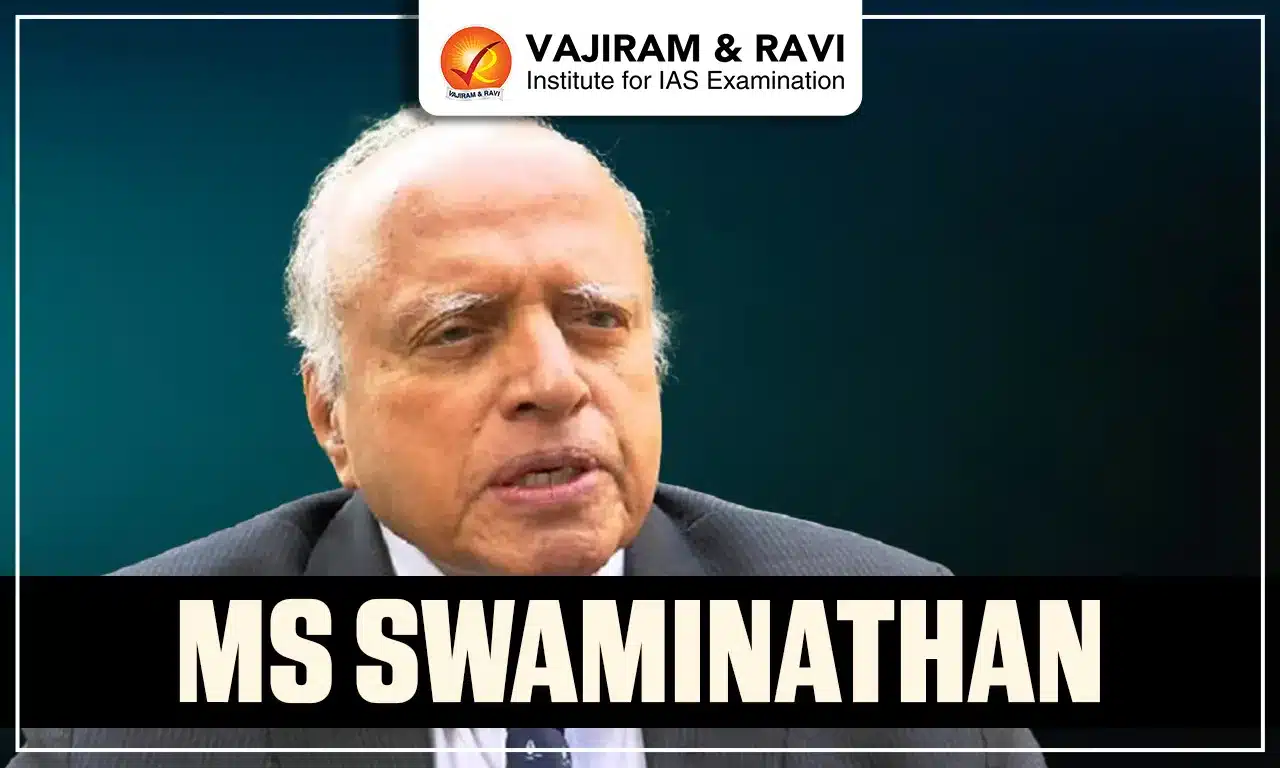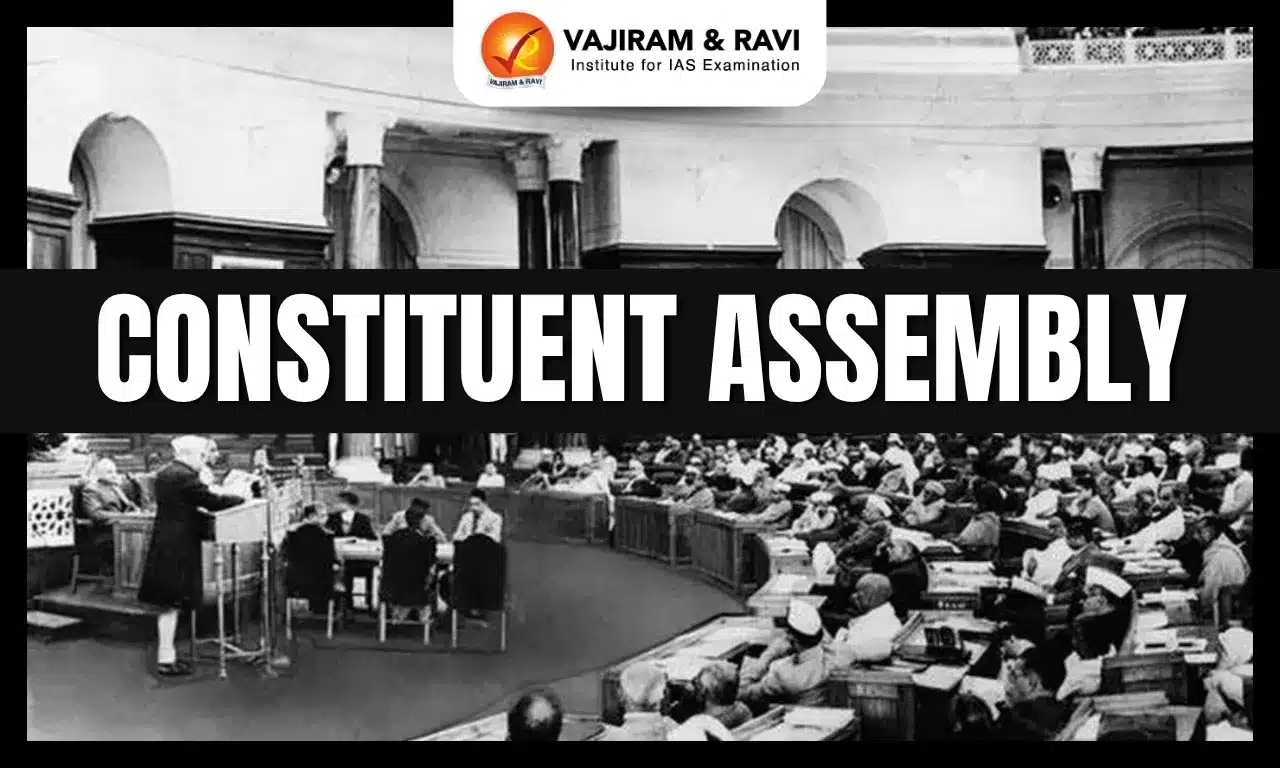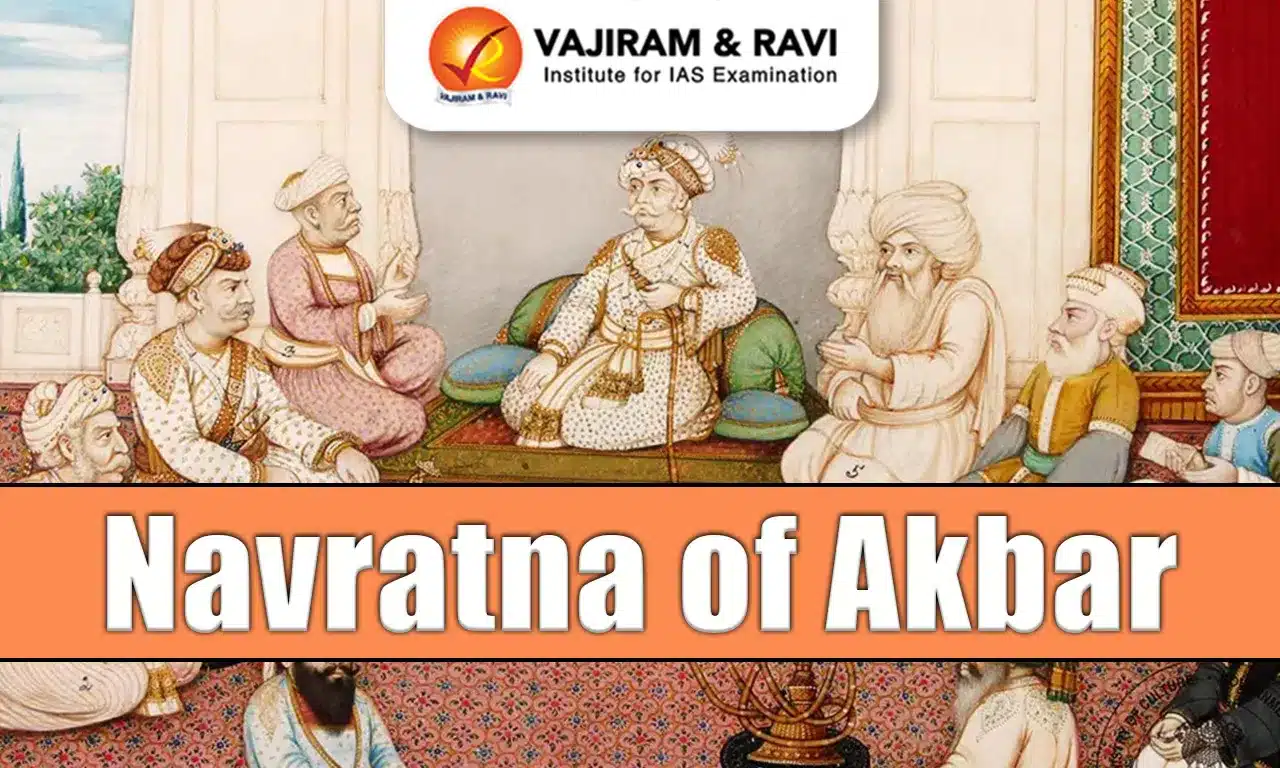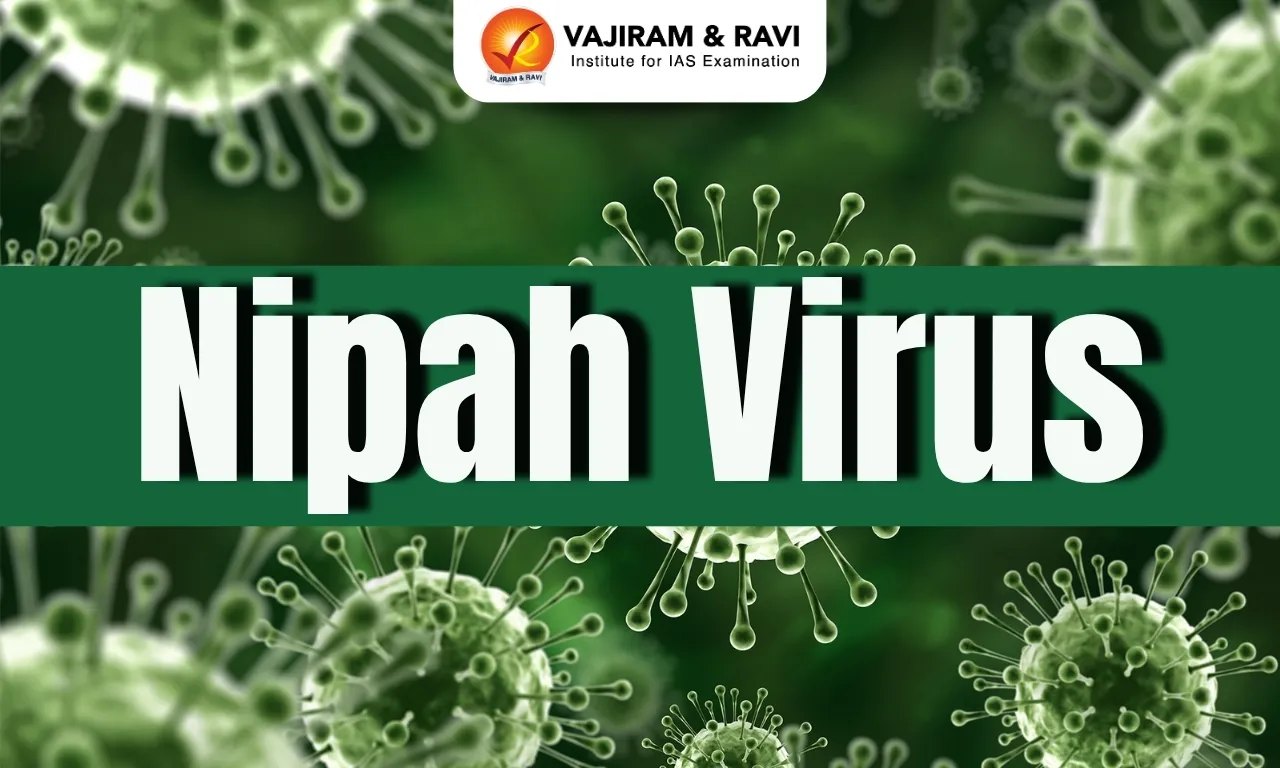Dr MS Swaminathan (Mankombu Sambasivan Swaminathan), often referred to as the "Father of Green Revolution in India," was a prominent Indian agricultural scientist and humanitarian who has made significant contributions to the field of agriculture, food security, and sustainable development.
MS Swaminathan passed away on 28th September 2023 at the age of 98. MS Swaminathan's lifelong dedication to improving the lives of farmers and addressing food security issues has left an indelible mark on the world.
MS Swaminathan - Background
MS Swaminathan was an Indian agronomist, plant geneticist, and humanitarian. He was the pioneer leader of the Green Revolution in India.
Early Life and Education
- MS Swaminathan was born on 7th August 1925 in Kumbakonam, Tamil Nadu.
- He completed B.Sc. in Zoology and Agricultural Sciences.
- Masters in Agricultural Sciences from the Indian Agricultural Research Institute (IARI) in 1949, with a focus on genetics and plant breeding.
- He completed his Ph.D. as a geneticist from Cambridge University in 1952, where he specialised in the genus Solanum of the potato and later returned to India in 1954.
- MS Swaminathan was greatly influenced by Mahatma Gandhi's teachings of selfless service to the poor and the nation.
- He was very much influenced by the 1943 Bengal famine, which killed up to three million people.
- He realised the need to improve agriculture and food security in India.
Career
- IARI: MS Swaminathan joined the Indian Agricultural Research Institute (IARI) as a faculty. He later served as the director of IARI from 1961 to 1972.
- ICAR: He was the Director-General of the Indian Council of Agricultural Research from 1972 to 1979, and the principal secretary of the Indian Ministry of Agriculture and Irrigation from 1979 to 1980.
- Planning Commission: From 1980 to 1982, he was in charge of India's Planning Commission's agriculture and rural development.
- IRRI: In 1982, Swaminathan was appointed as the Director-General of the International Rice Research Institute (IRRI) in the Philippines and President of the International Union for Conservation of Nature and Natural Resources from 1984 to 1990.
- MS Swaminathan Research Foundation: Established in 1988, aims to accelerate the use of modern science and technology for agricultural and rural development to improve the lives and livelihoods of communities.
- MS Swaminathan Research Foundation follows a pro-poor, pro-women and pro-nature approach and applies appropriate science and technology options to address practical problems faced by rural populations in agriculture, food and nutrition
Contributions of MS Swaminathan
In the early 1960s, India was in the grip of famine, and MS Swaminathan's unwavering dedication and foresight ushered in a new era of agricultural prosperity. His pioneering work in agriculture and specific sectors such as wheat breeding resulted in a significant increase in wheat production, transforming India from a food-deficient country to a self-sufficient one.
Green Revolution
- Green Revolution: The Green Revolution (began in the mid-1960s) was a transformative period in Indian agriculture characterised by the adoption of high-yielding crop varieties, and the use of modern agricultural practices.
- MS Swaminathan was instrumental in his pivotal role in the Green Revolution in India during the 1960s and 1970s.
- Development of high-yield varieties: MS Swaminathan invited Dr. Norman Borlaug to India after learning about his newly developed Mexican dwarf wheat variety.
- The two scientists collaborated to develop wheat varieties that would yield more grain while also developing stalk structures that would be strong enough to support the increased biomass.
- Administering and Collaborating for Farmer Adoption of HYV: MS Swaminathanestablished thousands of demonstration and test plots in northern India in 1965, demonstrating to small-scale farmers that the new, genetically superior grain could thrive in their own fields.
- He not only directed the experiments that resulted in the development of the High Yielding Varieties (HYV) but also competently administered and collaborated with the government machinery to create greater awareness and adoption among the farming community.
- Outcome: As a result of the introduction of these new high-yield varieties of wheat, India's wheat production skyrocketed from 12 million tonnes to 23 million tonnes in four crop seasons, reducing its reliance on grain imports.
Food Security and Farmer Welfare
- Food security: MS Swaminathan's work was not limited to increasing crop yields but also encompassed the broader goal of achieving food security for India.
- MS Swaminathan advocated for an effective public distribution system to ensure that food grains reach poor consumers in order to end hunger.
- Due to the efforts of MS Swaminathan, India went from being drought-stricken and reliant on US imports in the 1960s to being declared food self-sufficient in 1971.
- In 1987, he was awarded the World Food Prize for his notable contributions to agricultural science and food security. From the proceeds of this prize, he established the MS Swaminathan Research Foundation (MSSRF).
- National Commission on Farmers: As the chairman of the commission, MS Swaminathan issued five reports recommending minimum crop support prices, faster and more inclusive growth, and a comprehensive national policy to address farmer suicides.
- He played an instrumental role in developing the Protection of Plant Varieties and Farmers' Rights Act of 2001.
Sustainable Agriculture
- Later in his career, MS Swaminathan shifted his focus and made significant contributions to the promotion of sustainable agriculture and rural development using cutting-edge paradigms like ecotechnology-based bio-villages and contemporary information and communication-based Village Knowledge Centres (VKCs).
- He promoted the idea of an "evergreen revolution", which called for a continuous improvement in agricultural productivity without harming the environment.
- He emphasised the importance of preserving biodiversity, protecting the environment, and promoting organic farming practices.
Research
- Cryogenetics: MS Swaminathan pioneered his research with cryogenetics studies (study of chromosomes) in potato crops.
- He was successful in preventing crop infestations and in making crops resistant to cold weather.
- He also studied interspecific hybridization, induced radiation, chemical mutagenesis, and the use of plant growth regulators.
- Hexaploid wheat: Swaminathan did basic research on the cytogenetics of hexaploid wheat, one of the widely cultivated cereal crops.
- Through collaboration with Dr. Borlaug modified grains in laboratories to better suit Indian soil, resulting in higher yield and free of infestation.
- C4 rice plant: During his tenure as Director General of the IRRI, research on the C4 rice plant was started for photosynthesis more efficiently.
Awards and Recognition Received by MS Swaminathan
MS Swaminathan's extraordinary contributions to agriculture and food security have earned him numerous awards and honours. Following are some of the notable awards and recognition of Swaminathan:
- He has received over 80 honorary doctorates from universities all over the world.
- He served as a Member of Parliament in Rajya Sabha from 2007 to 2013.
- He chaired the Task Force (of the Ministry of External Affairs) to oversee agricultural projects in Afghanistan and Myanmar.
- International awards:
- Ramon Magsaysay Award for Community Leadership, 1971
- Albert Einstein World Science Award, 1986
- World Food Prize, 1987
- UNEP Sasakawa Environment Prize, 1994
- Franklin D Roosevelt Four Freedoms Medal, 2000
- Mahatma Gandhi Prize of UNESCO, 2000
- National awards:
- S.S. Bhatnagar Award for his contribution to biological sciences in 1961
- Padma Shri in 1967, Padma Bhushan in 1972 and Padma Vibhushan in 1989
- Indira Gandhi Prize for Peace, Disarmament and Development, 2000
- Lal Bahadur Shastri National Award, 2007.
Last updated on February, 2026
→ UPSC Notification 2026 is now out on the official website at upsconline.nic.in.
→ UPSC IFoS Notification 2026 is now out on the official website at upsconline.nic.in.
→ UPSC Calendar 2026 has been released.
→ Check out the latest UPSC Syllabus 2026 here.
→ Join Vajiram & Ravi’s Interview Guidance Programme for expert help to crack your final UPSC stage.
→ UPSC Mains Result 2025 is now out.
→ UPSC Prelims 2026 will be conducted on 24th May, 2026 & UPSC Mains 2026 will be conducted on 21st August 2026.
→ The UPSC Selection Process is of 3 stages-Prelims, Mains and Interview.
→ Prepare effectively with Vajiram & Ravi’s UPSC Prelims Test Series 2026 featuring full-length mock tests, detailed solutions, and performance analysis.
→ Enroll in Vajiram & Ravi’s UPSC Mains Test Series 2026 for structured answer writing practice, expert evaluation, and exam-oriented feedback.
→ Join Vajiram & Ravi’s Best UPSC Mentorship Program for personalized guidance, strategy planning, and one-to-one support from experienced mentors.
→ UPSC Result 2024 is released with latest UPSC Marksheet 2024. Check Now!
→ UPSC Toppers List 2024 is released now. Shakti Dubey is UPSC AIR 1 2024 Topper.
→ Also check Best UPSC Coaching in India
MS Swaminathan FAQs
Q1. Who is the father of the green revolution in India?+
Q2. How did MS Swaminathan help in the green revolution?+
Q3. How did MS Swaminathan contribute to food security in India?+
Q4. What is the evergreen revolution concept of MS Swaminathan?+
Q5. What were some of MS Swaminathan's notable awards and honours?+
Tags: ms swaminathan quest


















